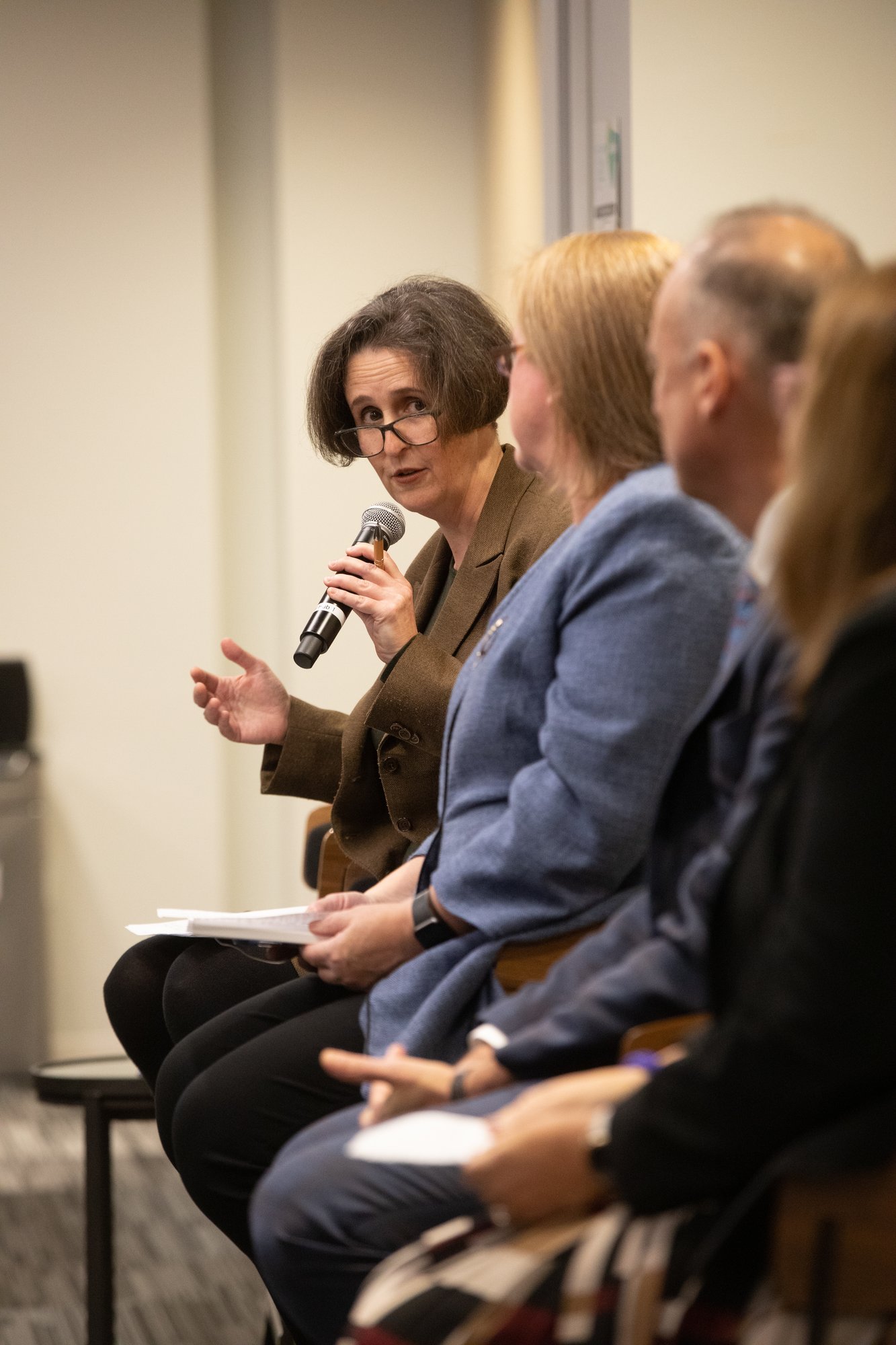The Hansen CEW Executive Leadership in the Arts Scholarship was created in partnership with CEW...
ACCELERATING GENDER EQUITY BY 2030
Contributing to an environment where women thrive by removing barriers for systemic change.

LEADERSHIP DEVELOPMENT
WOMEN'S LEADERSHIP FOR AN EQUITABLE AUSTRALIA
CEW offer a range of programs and scholarships to create high-impact opportunities at both personal and organisational levels, transforming leadership capabilities and advancing women into executive roles.







